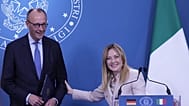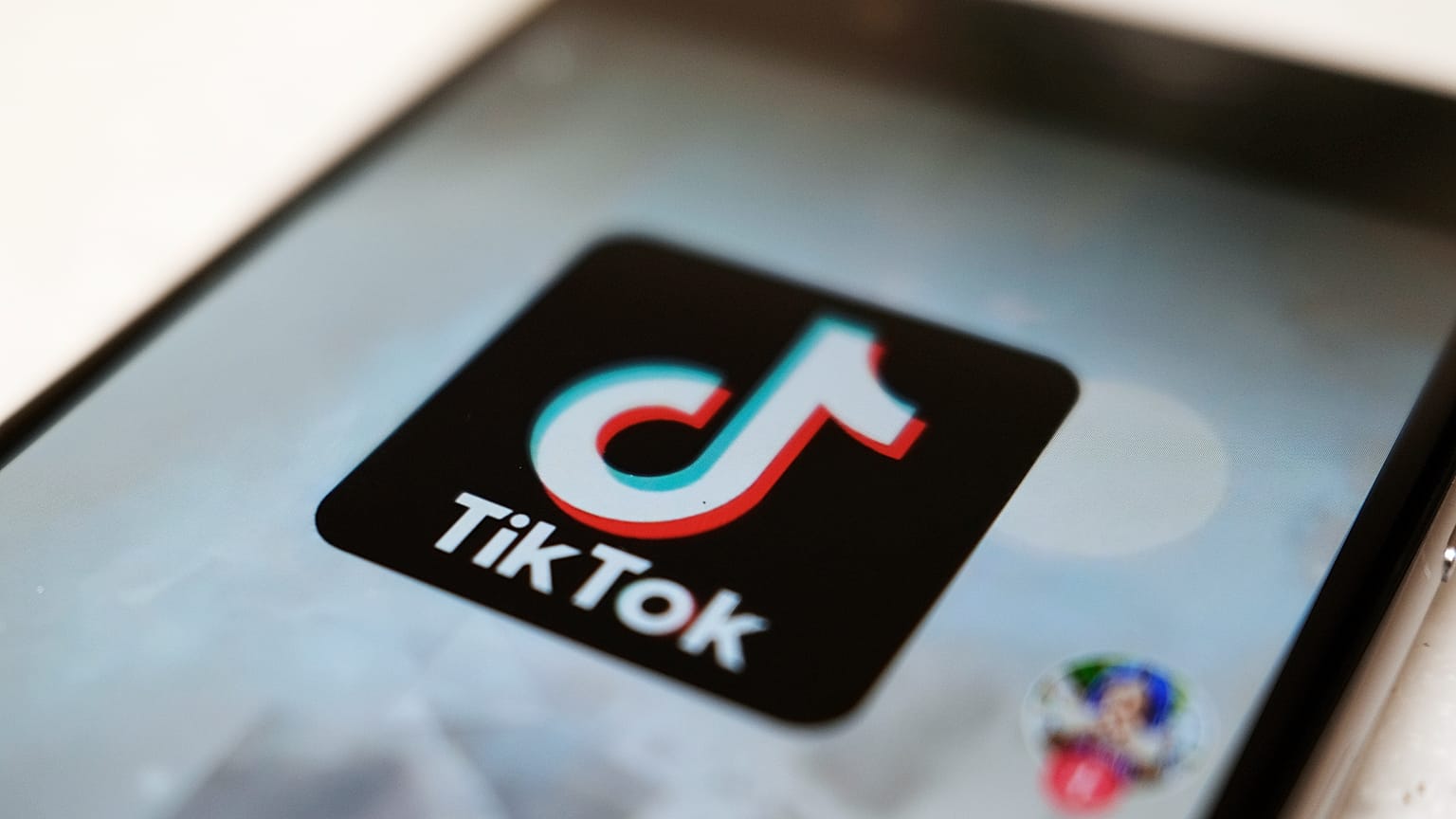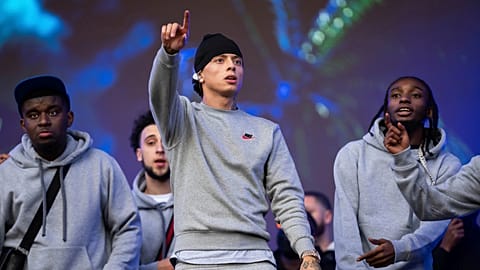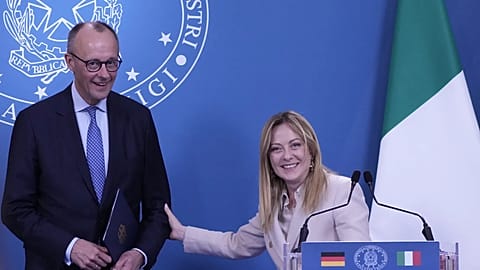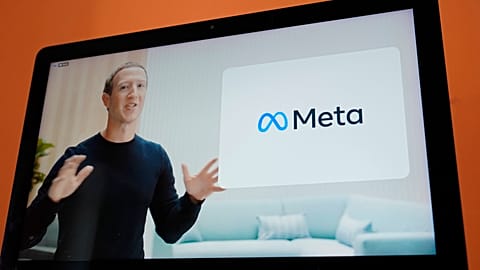Major online platforms must tackle disinformation, under new EU digital service rules that take effect Saturday.
TikTok announced today (14 February) that it will set up what it calls in-app election centres for each of the 27 EU countries.
The move by the social media network is a bid to reduce the spread of online misinformation as the bloc goes to the polls in June.
The tool will be available as of next month to ensure people can “separate fact from fiction”, Kevin Morgan, TikTok’s head of trust and safety for Europe, the Middle East and Africa, said in a statement.
“Working with local electoral commissions and civil society organisations, these election centres will be a place where our community can find trusted and authoritative information,” Morgan said.
TikTok, owned by Chinese company ByteDance, has previously set up similar systems for national elections in Greece, the Netherlands, Poland, Slovakia and Spain, starting in 2021.
TikTok also said it works with nine fact-checking organisations across the bloc, who assess the accuracy of content in 18 different languages. The company added it has more than 6,000 people moderating content in the EU.
Under the EU’s new Digital Services Act (DSA), online platforms with more than 45 million monthly average users, including Facebook and TikTok, are obliged to take measures against disinformation and election manipulation. Those rules will apply across the board as of Saturday (17 February).
Instability
Speaking to lawmakers last week, EU Industry Commissioner Thierry Breton warned of “geopolitical instability” and “manipulation of citizens” ahead of the June elections, in which around 400 million people are eligible to vote.
“We have to be on our guard; the electoral period is going to be targeted by foreign interference of all kinds,” Breton said. As a possible remedy against misinformation online, he said that platforms should also clearly mark deepfakes and any content that has been manipulated artificially.
TikTok said it will require creators to label content generated by artificial intelligence (AI), material which it says “brings new challenges around misinformation.”
“We do not allow manipulated content that could be misleading, including AI generated content (AIGC) of public figures if it depicts them endorsing a political view,” Morgan said.
US social media company Meta announced on 6 February that it will start labelling AI generated photos uploaded to its Instagram, Facebook and Threads platforms in the coming months, as election season around the world begins. This year votes are scheduled in countries such as the US, India and Indonesia.
Meta said it is building tools to identify AI content at scale to sort out misinformation and deep fakes.
On 8 February, the EU executive called for feedback to draft DSA guidelines on election integrity. The aim is to offer companies best practices and possible measures to mitigate systemic risks on their platforms ahead of the elections.




